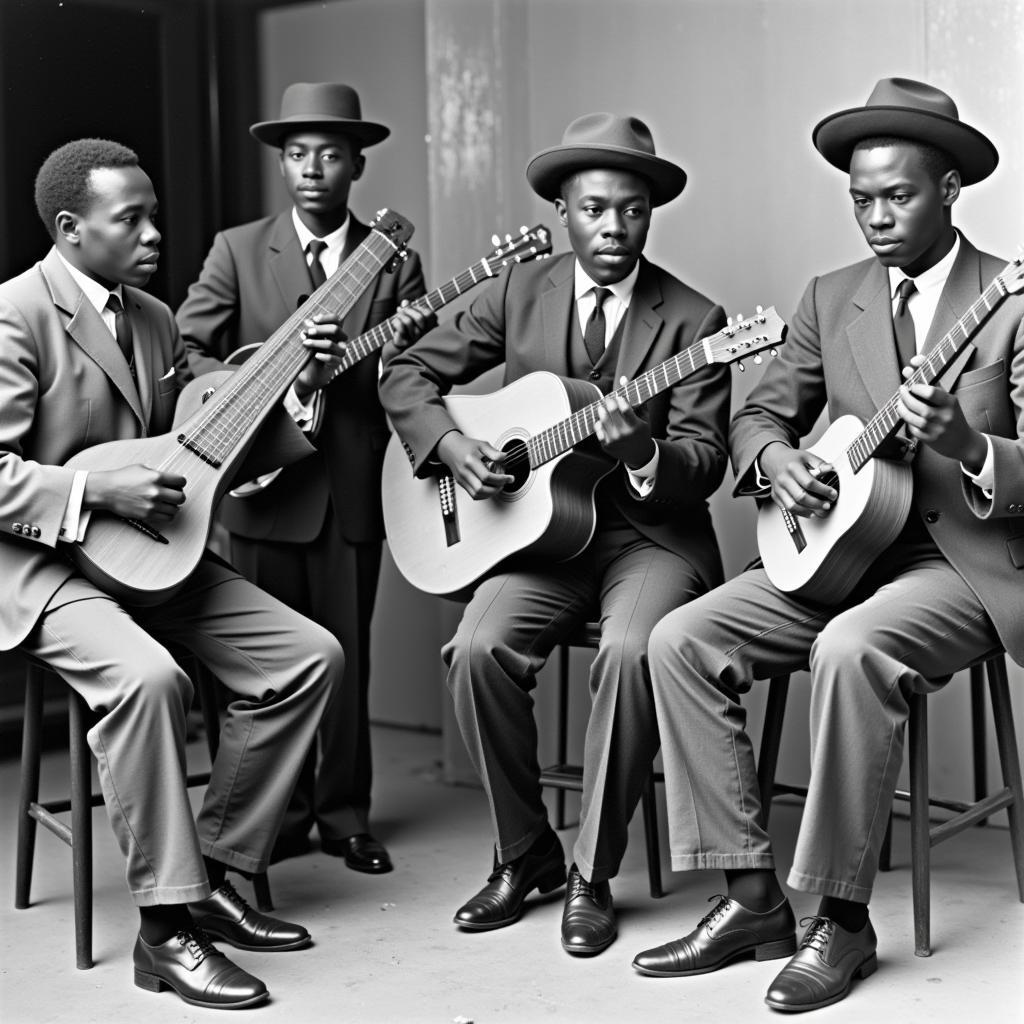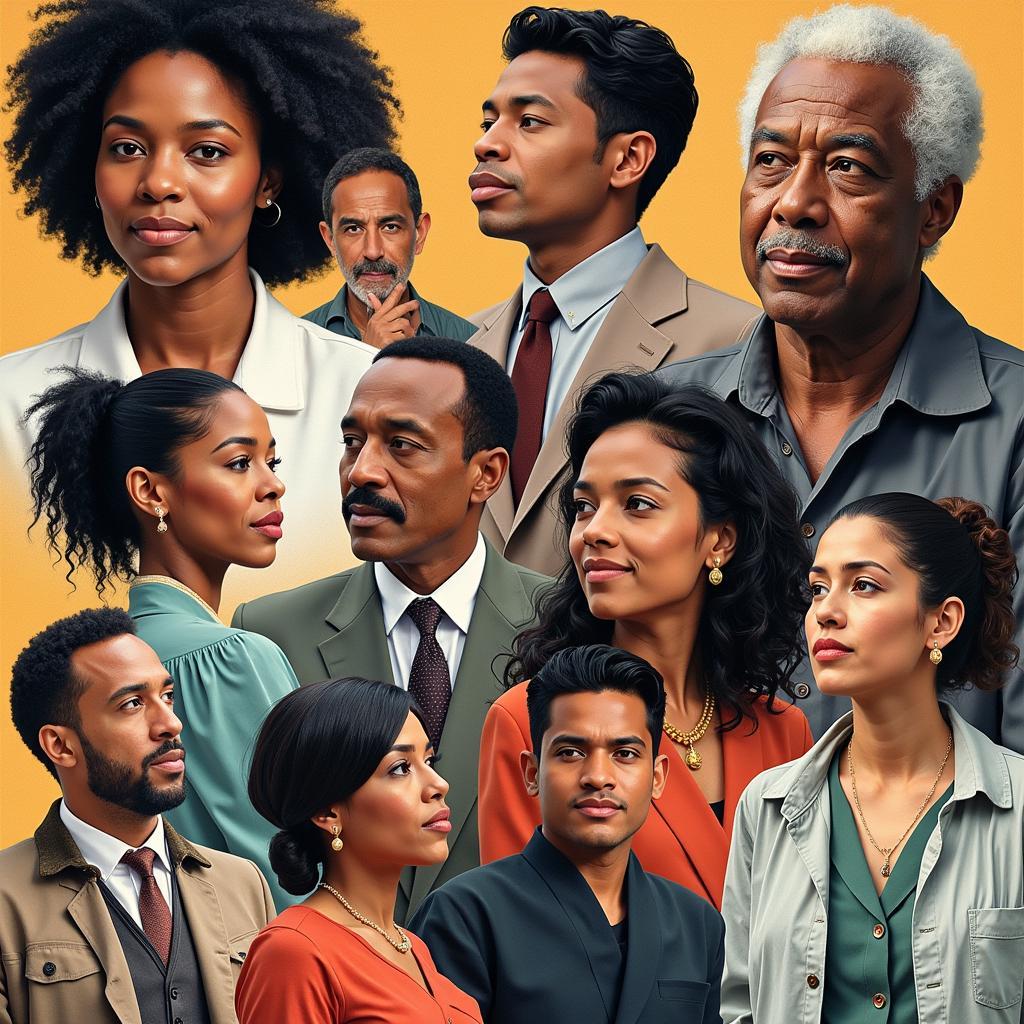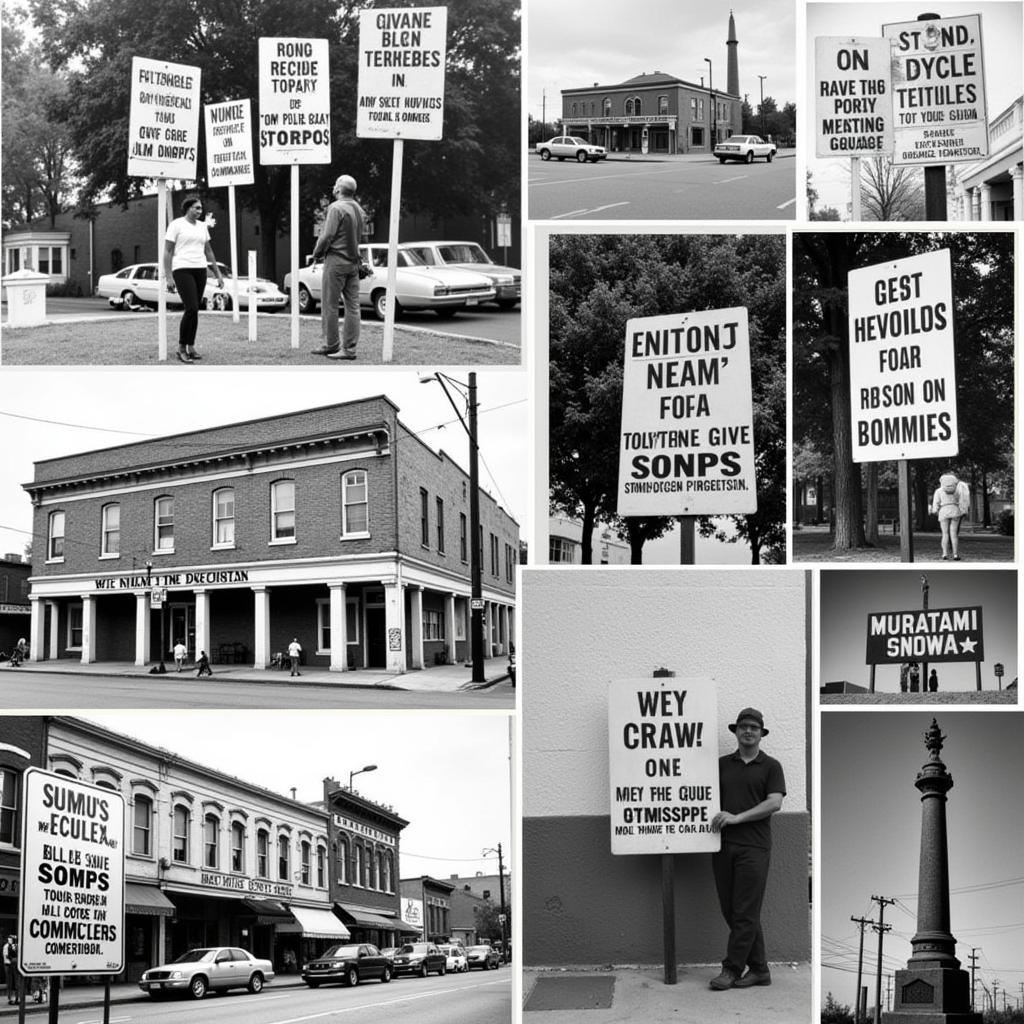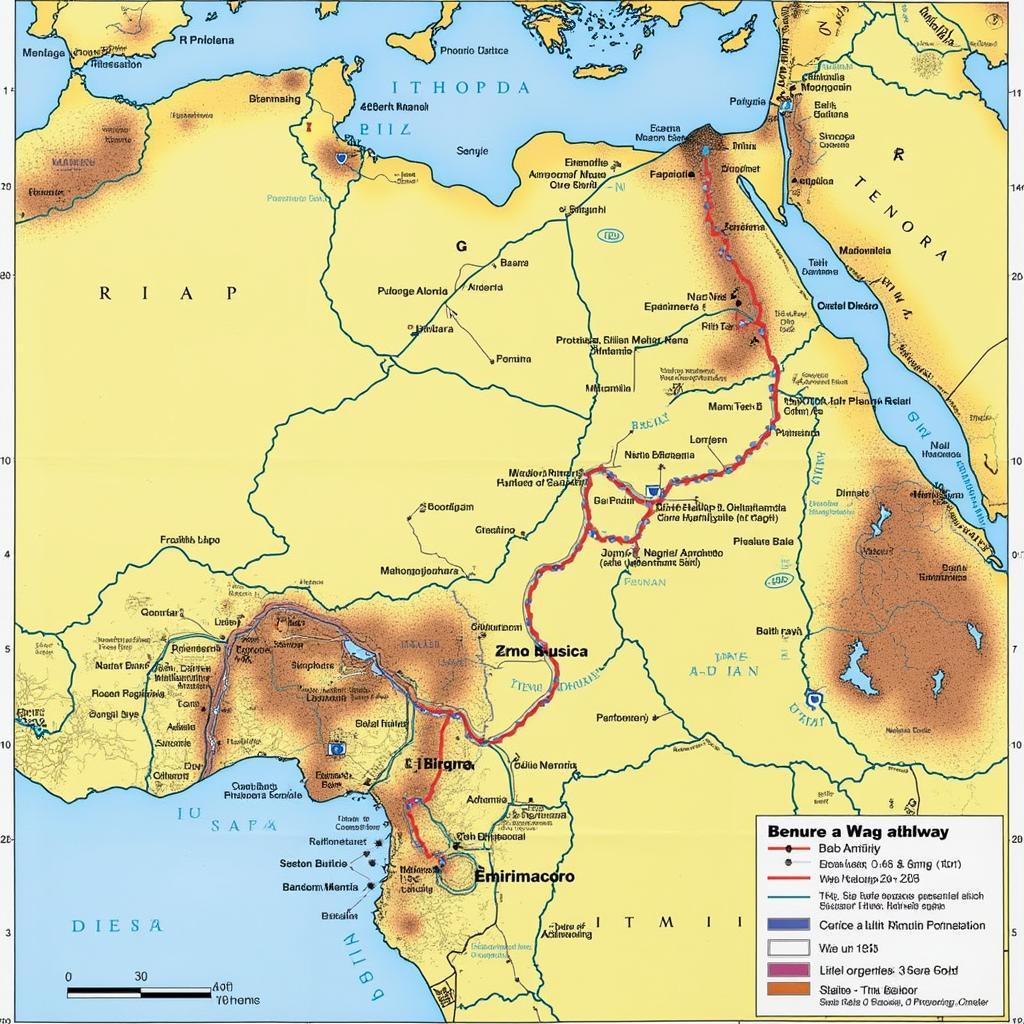A Theory of African America: Exploring Identity, Culture, and Connection
The term “A Theory Of African America” encapsulates a complex and multifaceted exploration of what it means to be African American, encompassing themes of identity, culture, history, and lived experiences. It delves into the unique and dynamic relationship between the African diaspora and American society, examining the enduring legacy of the transatlantic slave trade while celebrating the resilience, creativity, and contributions of African Americans throughout history. This exploration goes beyond simplistic definitions, seeking to understand the diverse tapestry of experiences that shape African American identity in the 21st century.
The Historical Tapestry: Weaving Threads of Identity
To understand “a theory of African America,” one must first acknowledge the profound impact of history. The forced migration of Africans to the Americas through the transatlantic slave trade created a rupture, a severing from ancestral lands, languages, and traditions. Yet, amidst this trauma, African cultures survived, adapted, and flourished, merging with other influences to create something distinct and vibrant.
This fusion of African retentions and American experiences is central to understanding African American identity. From the rhythms of African drumming echoing in jazz and blues to the culinary traditions that blend West African ingredients with Southern flavors, the presence of the past is tangible and ever-present.
 The Enduring Legacy of African Music in America
The Enduring Legacy of African Music in America
Beyond Biology: Identity as a Lived Experience
While DNA tests can reveal ancestral origins, “a theory of African America” recognizes that identity is far more nuanced than genetics. It’s about a shared history, a collective consciousness forged through centuries of struggle and triumph. It’s about navigating a society that often labels and limits based on race, while simultaneously celebrating the richness and diversity within the African American community.
This exploration of identity encompasses the spectrum of experiences, from those who can trace their lineage back generations to recent immigrants from the African continent. It acknowledges the intersections of race, class, gender, and sexuality, recognizing that no single narrative can encapsulate the multifaceted nature of African American identity.
The Power of Storytelling: Shaping Narratives and Challenging Perceptions
“A theory of African America” emphasizes the importance of storytelling as a means of understanding and preserving cultural heritage. Through literature, music, art, and oral traditions, African Americans have long used their voices to challenge dominant narratives, shed light on injustices, and celebrate their unique perspectives.
From the poignant narratives of Frederick Douglass to the powerful verses of Maya Angelou, storytelling has been a tool for empowerment, education, and social change. It allows individuals to connect with their heritage, understand their place in the world, and contribute to a broader conversation about race, identity, and belonging.
 Celebrating the Power of African American Literature
Celebrating the Power of African American Literature
Bridging Continents: Reclaiming Connections and Fostering Understanding
In an increasingly globalized world, “a theory of African America” encourages a broadening of perspectives, fostering dialogue and understanding between the African diaspora and the African continent. It recognizes the importance of cultural exchange, collaboration, and mutual respect in building bridges and dismantling stereotypes.
[african american board game designers] are one example of this vibrant exchange, drawing inspiration from both African and African American cultures to create engaging and thought-provoking games. This cross-cultural dialogue enriches both sides, fostering a deeper appreciation for shared history, cultural nuances, and the complexities of identity.
The Future of African America: A Tapestry Still Being Woven
As demographics shift and the world becomes increasingly interconnected, the conversation surrounding “a theory of African America” continues to evolve. It’s a dynamic dialogue, informed by historical awareness, cultural pride, and a commitment to social justice.
Understanding “a theory of African America” requires acknowledging the past, engaging with the present, and embracing the future with a sense of possibility and hope. It’s about recognizing the enduring legacy of resilience, creativity, and cultural richness that continues to shape American society and inspire future generations.
FAQ
1. What is the significance of studying “a theory of African America”?
Studying “a theory of African America” provides a framework for understanding the historical, cultural, and social forces that have shaped African American identity. It helps us to appreciate the unique contributions of African Americans while also addressing ongoing challenges related to race and inequality.
2. How does “a theory of African America” connect to broader conversations about race and identity?
“A theory of African America” highlights the fluidity and complexity of identity, challenging essentialist notions of race. It emphasizes the importance of intersectionality, recognizing that experiences are shaped by multiple factors, including race, class, gender, and sexual orientation.
3. How can I learn more about “a theory of African America”?
There are numerous resources available, including academic journals, books, documentaries, and online platforms dedicated to exploring African American history, culture, and contemporary issues. Engaging with these resources can deepen your understanding of this multifaceted field of study.
Need More Information?
For further insights and resources on African culture and the African diaspora, explore these related articles:
- [1 african dna]
- [african american studies graduate programs]
Contact us:
If you have any questions or need further assistance, please don’t hesitate to reach out.
Phone: +255768904061
Email: kaka.mag@gmail.com
Address: Mbarali DC Mawindi, Kangaga, Tanzania
Our dedicated team is available 24/7 to assist you.



